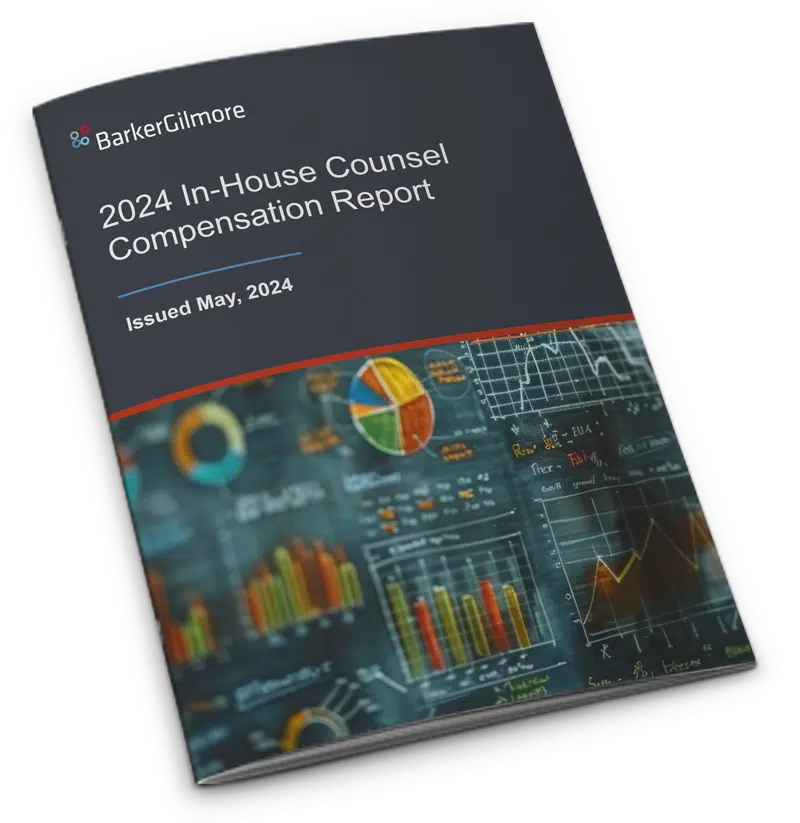Change. Transformation. Disruption. Innovation. Today’s buzzwords ring throughout corporate America. Yet these terms aptly describe what I experienced as a long-tenured general counsel in a company that transitioned from wholly-owned to private, to a company owned by the federal government, and finally a public company. I served under five different CEOs and a board of directors that turned over at least four times, each of the entities requiring a different set of skills. Facing numerous changes and challenges, I knew that one constant would ensure success: surrounding myself with a great in-house legal team. To build a good team, I created this checklist to review when hiring or promoting direct reports.
Qualities of an Effective Direct Report
A qualified direct report to the general counsel…
1. Meets the big-picture needs of the company.
As a general counsel, the first step in selecting direct reports is to understand the legal needs and strategies of the company, the business unit, and the department and match up lawyers with the best qualifications to get the job done. Conversely, to make a successful match, it’s important to get to know and understand the potential direct reports as both lawyers and individuals so you can make sure they are a good fit for both the company’s business goals and the culture.
2. Knows the business and the legal matters.
Since GCs are members of the C-Suite and partners in the business, I looked for direct reports who had a good grasp on the financial performance and overall business and operational activities of the company. To help me make meaningful contributions, my reports needed to understand the business while having the knowledge and commitment to excellence in the areas that I needed both expertise and excellence, whether it was securities, banking, mortgage, or insurance law.
3. Focuses on the client.
In large corporations, there are often many internal clients to serve, so it’s important for direct reports to not only be knowledgeable about their respective issues, but to develop solid working relationships with their clients based on trust and mutual respect. Lawyers must be able to help clients solve problems, often walking the line between creative solutions and risk management. Client focus also means being responsive and keeping the client apprised of the project without them having to ask about the status, promptly returning phone calls, and replying to emails.
4. Stays agile and flexible and keeps a sense of humor.
There’s not much that remains the same over time in the business world. To be part of a successful in-house legal team, it’s necessary to assume that – on their own timelines – businesses change strategies, boards change direction, the C-Suite gives new directives, and there will be new rules and regulations. As a result, legal leaders want people on their team who are flexible and have a sense of humor that can help them through a variety of situations.
5. Steps up and stands up.
Delivering the good news and the bad, fairly and honestly, is all within the purview of the legal department. A GC appreciates a direct report who can remain stalwart and confident in tough situations. Also, it’s important to have individuals on the team who are courageous and can stand and say “that’s not right” or even “no” if the situation calls for it. We want direct reports who will do the right thing for the right reason, and not because it makes the CEO, the VP, or the Group Manager happy, but because it’s the right thing to do.
6. Works hard and collaborates.
I always tried to promote hard-working individuals who rolled up their sleeves and did much of the important work themselves, rather than deflecting and delegating their work to others. Why? It was important to get the benefit of their expertise and knowledge to create and deliver the best solutions and advice to the C-Suite and Board. Since synergy and efficiency result from collaborating with colleagues, I also evaluated direct reports on their ability to work with inside counsel, outside counsel, and others.
7. Gives valuable feedback for succession planning.
I tried not to make my decisions about promoting direct reports in a vacuum. In certain instances, when I had to make the call by myself, I did. Most of the time, a group of us would gather to share thoughts on performance reviews, identify individuals ready for promotion, and even suggest our own successors with timing and rationale for the recommendation. This process was carried out with lawyers in the group including my direct reports and others, and also with individuals from the business units.
Contact Bill Solomon for Advising Services
To learn more about how we can help you tackle your professional goals, contact Bill today.
Bill Solomon adds his expertise to the strategic counsel, leadership development, succession planning, and other services that BarkerGilmore advisors provide to legal and compliance departments, CEOs, and boards across the country.
Connect with a legal recruiting advisor
* indicates required fields







